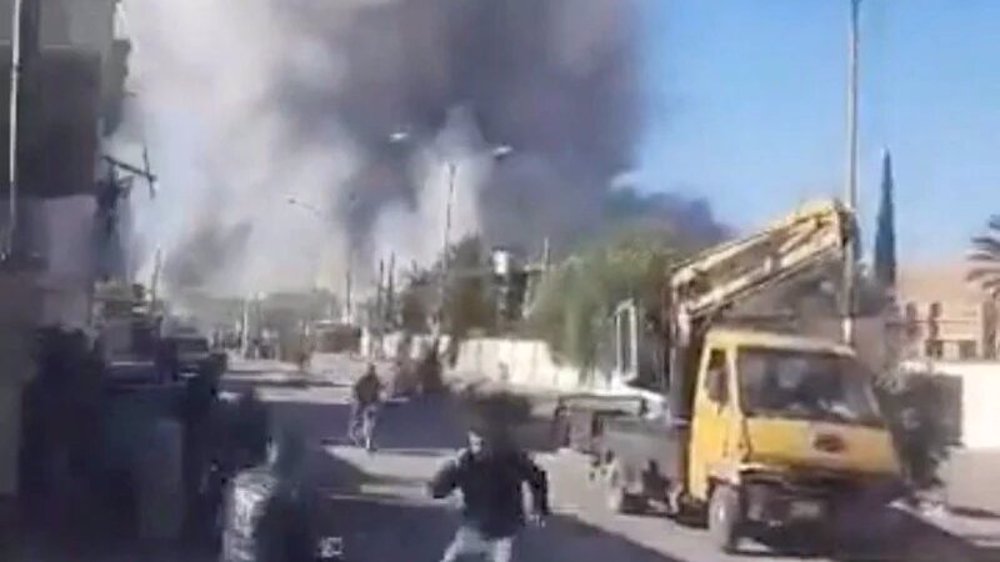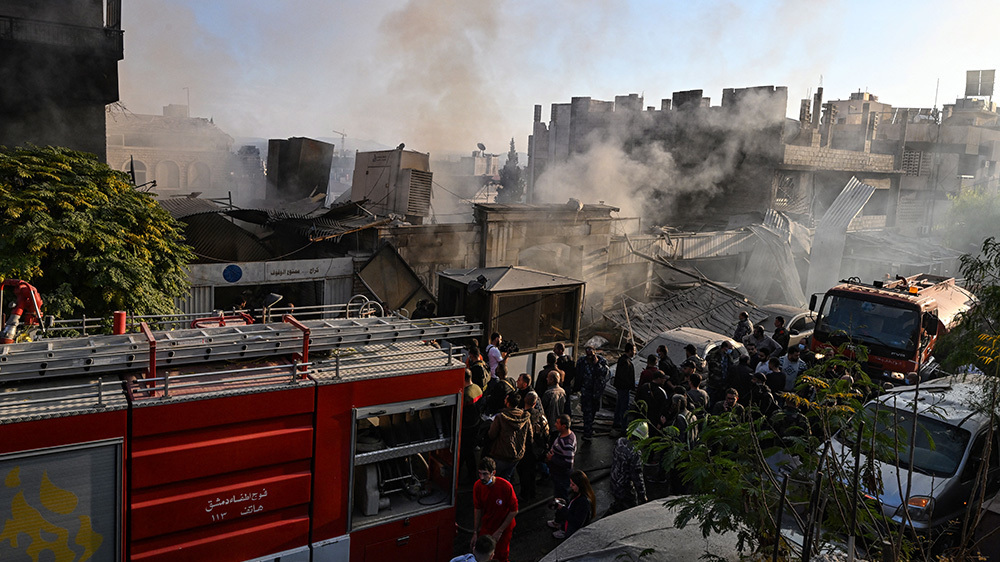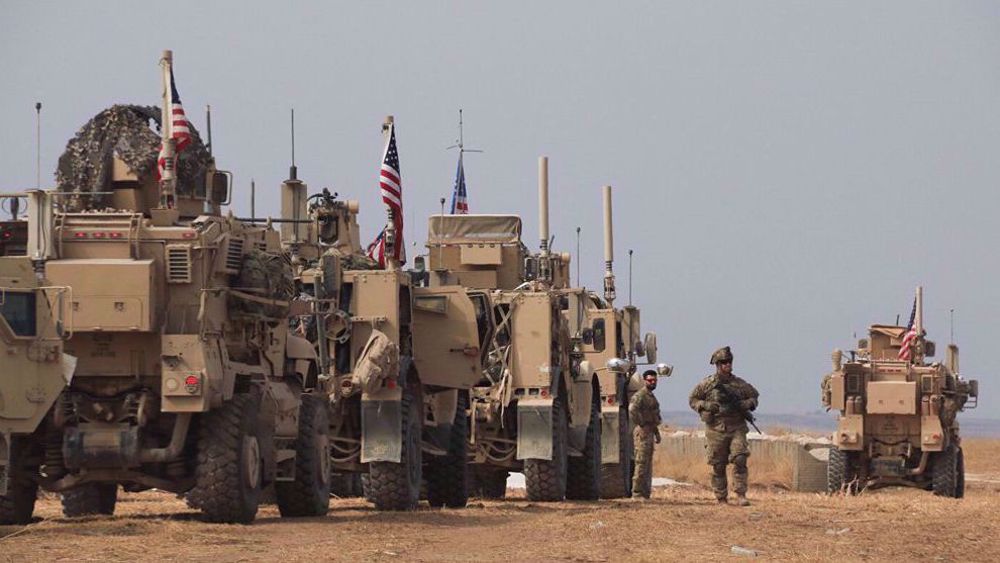Chlorine gas probably used in attack in Syria's Idlib: OPCW
The Organisation for the Prohibition of Chemical Weapons (OPCW) says poisonous chlorine gas was “likely used as a chemical weapon” in an attack earlier this year in Syria’s northwestern Idlib Province, the major stronghold of Takfiri militants active in the country.
In a statement released on Wednesday, the OPCW said its fact-finding mission had determined that “chlorine was released from cylinders by mechanical impact in the al-Talil neighborhood of Saraqib” city on February 4, 2018.
The Hague-based global arms watchdog also confirmed that environmental samples had “demonstrated the unusual presence of chlorine in the local environment.”
The OPCW, however, did not say which side to the Syria conflict had used the banned munitions in Saraqib.
At least eleven people were treated for breathing difficulties in the Syrian city on February 4, the so-called Syrian Observatory for Human Rights said at the time.
US State Department spokeswoman Heather Nauert blamed the incident on the Damascus government.
Syria’s Ambassador to the UN in Geneva Hussam Edin Aala rejected the accusation, saying, “Syria cannot possibly be using chemical weapons because it very simply has none in its possession.”
A separate OPCW fact-finding team is currently awaiting the results of a mission to the Damascus suburb town of Douma.
An alleged gas attack in Douma on April 7 was used as a pretext by the US, Britain and France to launch a coordinated missile attack against sites and research facilities near Damascus and Homs with the purported goal of paralyzing the Syrian government’s capability to produce chemicals.
Syria and Russia accused volunteer rescue workers of staging the Douma attack at the behest of the US and its allies.
Hezbollah attacks Israeli forces after Lebanese homes blown up
World leaders, states hail ICC arrest warrants for Netanyahu, Gallant
MP: US accountable for possible Israeli 'foolishness' to attack Iraq
VIDEO | Israeli policies strangle Palestinian agriculture, economy
Iran's president offers condolences to Pakistan over terrorist attack
Canada’s Yukon town council at standstill over refusing oath to King Charles
Yemen's Houthi calls for jihad to protect Palestine against Israel
VIDEO | Internal rifts within Israel

















 This makes it easy to access the Press TV website
This makes it easy to access the Press TV website